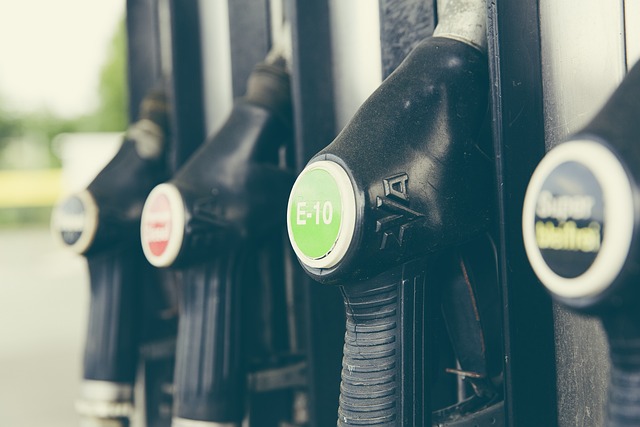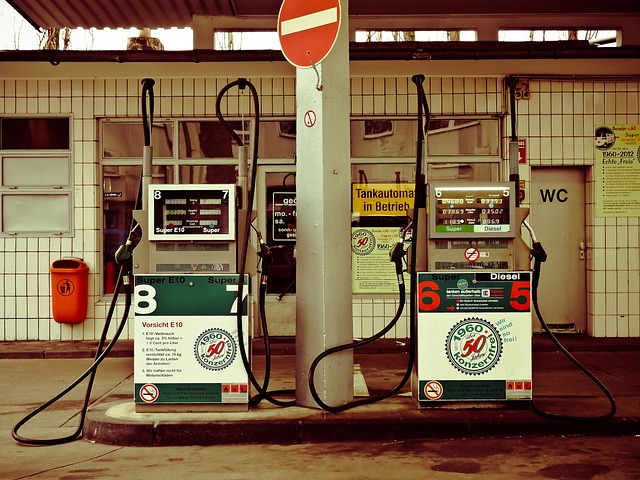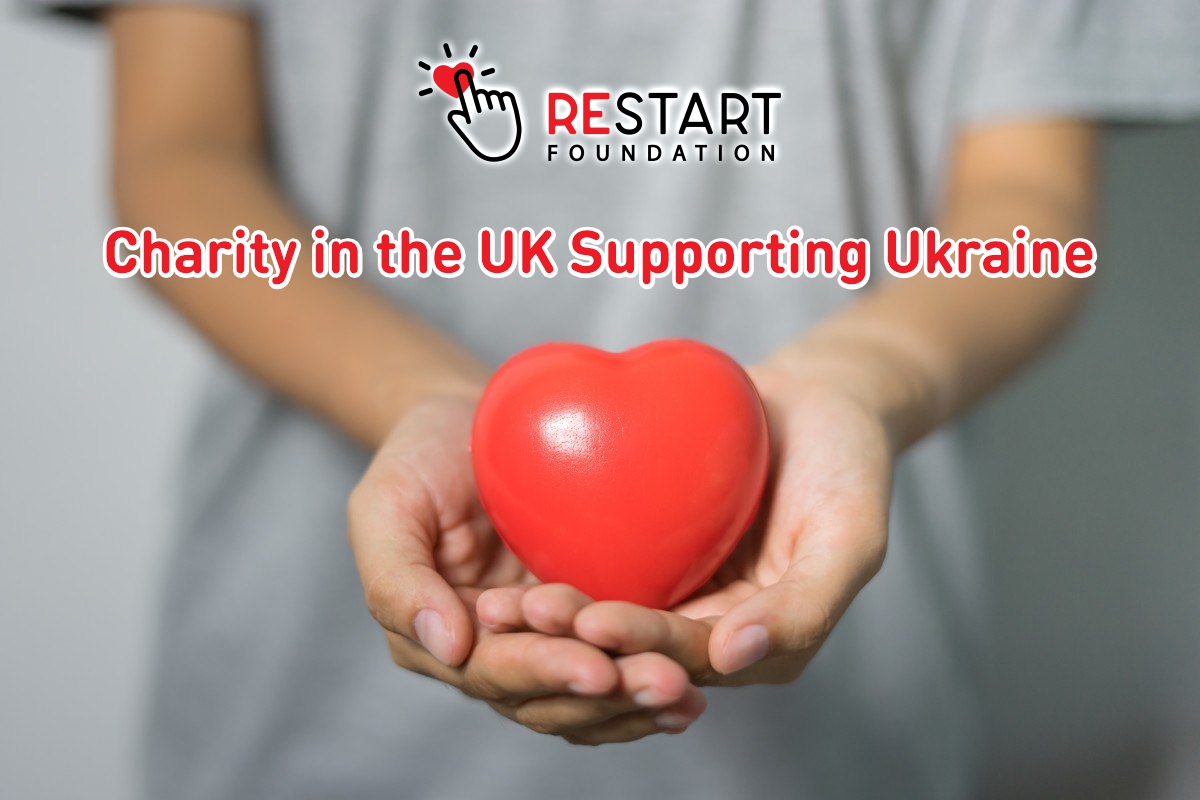Petrol (gasoline) is a fuel and not intended for consumption, so it doesn’t have calories. It’s used to power vehicles and machinery, not as a source of energy for humans.
There are many common misconceptions and curious questions regarding our daily lives, and one such question that might pique your interest is: “How many calories in petrol?”
While it may seem like a strange inquiry, the answer is quite simple – Petrol does not contain any calories. Calories are a unit of energy derived from food and beverages, while Petrol is a motor fuel primarily composed of hydrocarbons that are used to power vehicles.
Understanding the composition and properties of different substances is essential in debunking myths and expanding our knowledge about the world around us.
So, let’s delve deeper into the concept of calories and explore their significance concerning nutrition and energy consumption.
How Are Calories Used in The Body for Energy?
Calories are units of energy that fuel the body’s various functions. When consumed through food, they are metabolized during digestion and play a crucial role in sustaining life.
The body utilizes these calories primarily for three purposes: basal metabolic rate (BMR), physical activity, and digestion.
BMR accounts for the energy needed to maintain vital functions like breathing, circulation, and cell production while at rest.
Physical activity encompasses both intentional exercise and daily movements, consuming additional calories based on intensity. Lastly, a portion of calories is used during digestion to break down and absorb nutrients.
Excess calories not used for these purposes are stored as fat for future energy needs. Balancing calorie intake with expenditure is essential for weight management.
So, knowing how calories are used helps in making smart diet and lifestyle decisions for a balanced and healthy energy level.
How Many Calories in Petrol – Debunking the Myths of Patrols Containing Calories

Petrol, commonly known as gasoline, is a fuel utilized to power internal combustion engines in vehicles and machinery. Still, some strange question comes from the audience, how many calories in Petrol?
Unlike food items, Petrol doesn’t contain the nutrients necessary for human metabolism, such as carbohydrates, fats, or proteins.
Its energy content is harnessed through combustion within engines, serving mechanical purposes rather than as a sustenance source.
And the Calories are units of energy found in food and drinks that our bodies use for fuel. Furthermore, Petrol is a hydrocarbon-based fuel primarily used for powering vehicles and machinery.
When burned in engines, it releases energy that drives the machinery, but this energy is not in a form that our bodies can use for sustenance.
It’s important to note that Petrol is toxic and highly flammable, making it dangerous for consumption. Therefore, it’s crucial to use Petrol only as intended, as a fuel for engines, and not as a source of nutrition.
And also, it’s crucial to understand that Petrol is not suitable for consumption due to its toxic and hazardous nature.
Why Can Petrol Not Be Consumed for Calories?
While calories are essential units of energy derived from food, Petrol cannot serve as a calorie source for human consumption.
Its chemical composition lacks the nutrients crucial for metabolism, and consuming Petrol is dangerous due to its toxicity and potential health hazards.
Here are the points explaining why Petrol cannot be consumed for calories.
Chemical Composition
Petrol is composed of hydrocarbons, primarily alkanes and aromatics. It lacks the complex organic compounds found in food that provide essential nutrients and energy to the human body.
Inedible Components
Petrol contains harmful and toxic additives, like benzene and lead, which are detrimental to humans if ingested. Consuming these compounds could lead to severe health issues or even death.
Lack of Nutrients
Petrol doesn’t contain the carbohydrates, proteins, fats, vitamins, and minerals necessary for human metabolism and sustenance.
Energy Source
Petrol is used as a fuel for combustion engines, where it undergoes controlled combustion to release energy for mechanical work. This energy is not in a form that the human body can utilize for its nutritional needs.
Health Risks
Drinking petrol can lead to poisoning, breathing issues, harm to organs, and severe health problems; it’s unsafe and not meant to be consumed.
Legal and Safety Concerns
Consuming Petrol is illegal and hazardous due to its toxicity and flammability. It’s strictly meant for powering vehicles and machinery.
Expert Consensus
Scientists, medical professionals, and safety authorities unanimously warn against Petrol consumption due to its severe health risks.
In conclusion, Petrol lacks the necessary nutrients, contains harmful compounds, and poses serious health and safety risks, making it completely unsuitable for consumption and calorie consumption.
FAQs
- Can you consume Petrol as a source of calories?
No, Petrol is not meant for consumption and is highly toxic to humans and animals. It should never be ingested.
- How many calories are in Petrol?
Petrol is not a food item and doesn’t contain calories in the same way that edible substances do. It is a fuel used for vehicles and machinery.
- What happens if someone consumes Petrol?
Consuming Petrol can lead to severe health risks, including poisoning, chemical burns, organ damage, and even death. If someone has consumed even a small quantity of Petrol, it’s important to get medical help right away.
- Can animals consume Petrol?
No, animals should never consume Petrol. Ingesting the Petrol is dangerous as it’s toxic and can result in severe health problems or death.
- Are there any circumstances in which Petrol could accidentally end up in food?
Petrol should always be stored and handled separately from food and beverages. Accidental contamination of food with Petrol is extremely rare and should be avoided at all costs.
- Is Petrol used in any edible products?
No, Petrol is not used in any edible products meant for human consumption. It is exclusively used as a fuel.
- Are there any health benefits to consuming Petrol?
Absolutely not. Consuming Petrol is dangerous and has no health benefits whatsoever. It poses significant health risks.
- What should I do if I accidentally ingest a small amount of Petrol?
Even a small amount of Petrol can be toxic. If you think you’ve consumed Petrol, get medical help right away.
- Is there an alternative substance with calories that could be mistaken for Petrol?
Caloric substances for human consumption are typically foods and beverages. There is no alternative substance that resembles Petrol and provides calories.
- Are there any instances where Petrol has been consumed intentionally?
Intentionally consuming Petrol is extremely rare and generally a result of a serious misunderstanding or mental health issue. Promoting awareness of the dangers of consuming toxic substances is crucial.
Conclusion
Understanding how calories are used in the body for energy is essential to maintaining a healthy lifestyle.
Now, How Many Calories in Petrol – Some people inquire about this; perhaps they heard that Petrol contains food nutrition.
When it comes to Petrol, it is important to note that it cannot be consumed for calories. Petrol is not a suitable source of nutrition as it is highly toxic and detrimental to human health.
And it is crucial to focus on obtaining calories from proper food sources that provide the necessary nutrients for sustenance and well-being.











